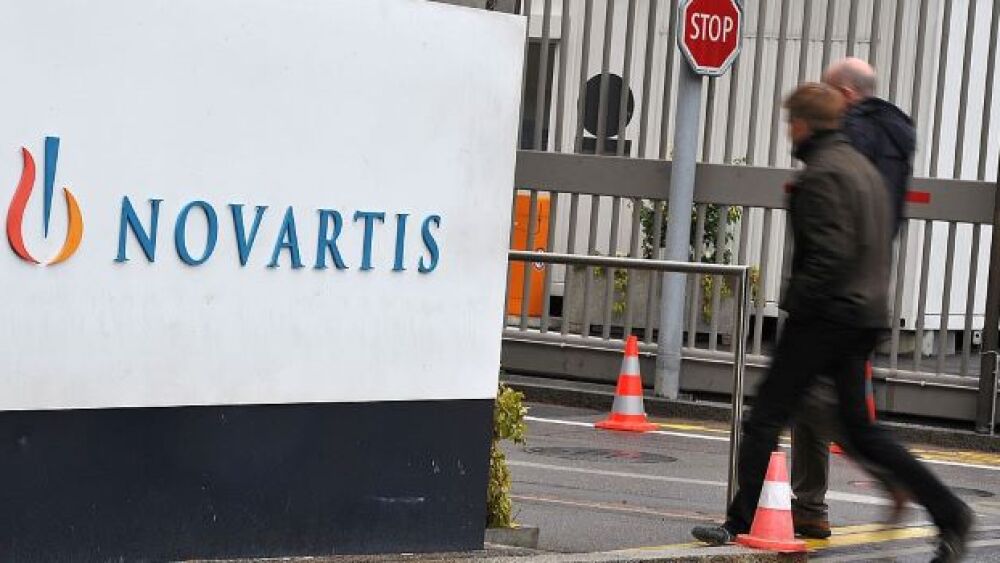Swiss biopharma giant Novartis plans to cut up to 8,000 jobs in hopes of saving at least $1 billion by 2024.
Harold Cunningham/Getty Images
Swiss biopharma giant Novartis plans to cut up to 8,000 jobs in hopes of saving at least $1 billion by 2024. This amounts to about 7% of the company’s workforce, including up to 1,400 positions in Switzerland.
As reported in the Swiss newspaper, TagesAnzeiger, 600 of the jobs will be in central administration on the Basel, Switzerland campus. More than 10% will lose their jobs in the next three years, accounting for up to 1,400 of the current 11,600 positions. The restructuring plan was originally announced in April.
At that time, Vas Narasimhan, Novartis’s chief executive officer, said the cuts would be in the “single-digit thousands,” but the company told BioSpace, “We can’t give a precise figure as we are still working on many of the design elements of the new organization.”
Another part of the planned strategic restructuring involves integrating Novartis’ pharmaceuticals and oncology business units. The original statement said the cost cuts would be primarily from removing redundant structures. Part of the company’s goal is to ensure sales growth will be at least 4% through 2026. Company shares have been down 4.4% over the last 12 months.
Novartis is collecting plenty of cash, including $20.7 billion last year from unloading a 33% stake in Roche back to its Swiss competitor. It also expects to make a decision by the end of this year on potential sales of its Sandoz generic drugs unit.
The company is currently planning to acquire up to $15 billion worth of its shares, although it indicates it will keep enough funds to buy companies and technologies in order to grow.
Novartis has said that the new structure will be “both leaner and simpler and as such the company intends to eliminate roles across the organization, subject to local information and consultation requirements.”
The new Innovative Medicine (IM) business that will come out of the integration of the oncology and pharmaceutical divisions will be run by Marie-France Tschudin.
In April, a Novartis spokesperson told BioSpace, “The new organizational structure, which we announced last week, is central to our growth strategy as it will make us more agile and competitive, enhance patient and customer orientation, unlock significant potential in our R&D pipeline, and drive value creation through operational efficiencies. These efficiencies will come through leaner structures and will inevitably lead to roles being impacted.”
The restructuring also shuffled and removed some executives. Robert Weltevreden, president of customer & technology solutions and Susanne Schaffert, head of Novartis Oncology, left the company. Shreeram Aradhye replaced John Tsai as chief medical officer.
This news follows a very busy week for Novartis. Last week, the U.S. Food and Drug Administrated awarded accelerated approval to the company’s Tafinlar (dabrafenib) plus Mekinist (trametinib) for the treatment of adults and children six years and older with unresectable or metastatic solid tumors with a BRAF V600E mutation.
The company also endorsed the Kigali Declaration on neglected tropical diseases (NTDs) and pledged $250 million over five years to fight NTDs and malaria with the Kigali Summit on Malaria and NTDs.
The week before, Novartis announced a collaboration with PerkinElmer to expand newborn screening for sickle cell disease in sub-Saharan Africa. PerkinElmer and the Novartis Africa Sickle Cell Disease program plan to expand advocacy efforts to educate patients and other healthcare stakeholders on how important newborn screening and early intervention are with hydroxyurea (HU) and other SCD treatments.





